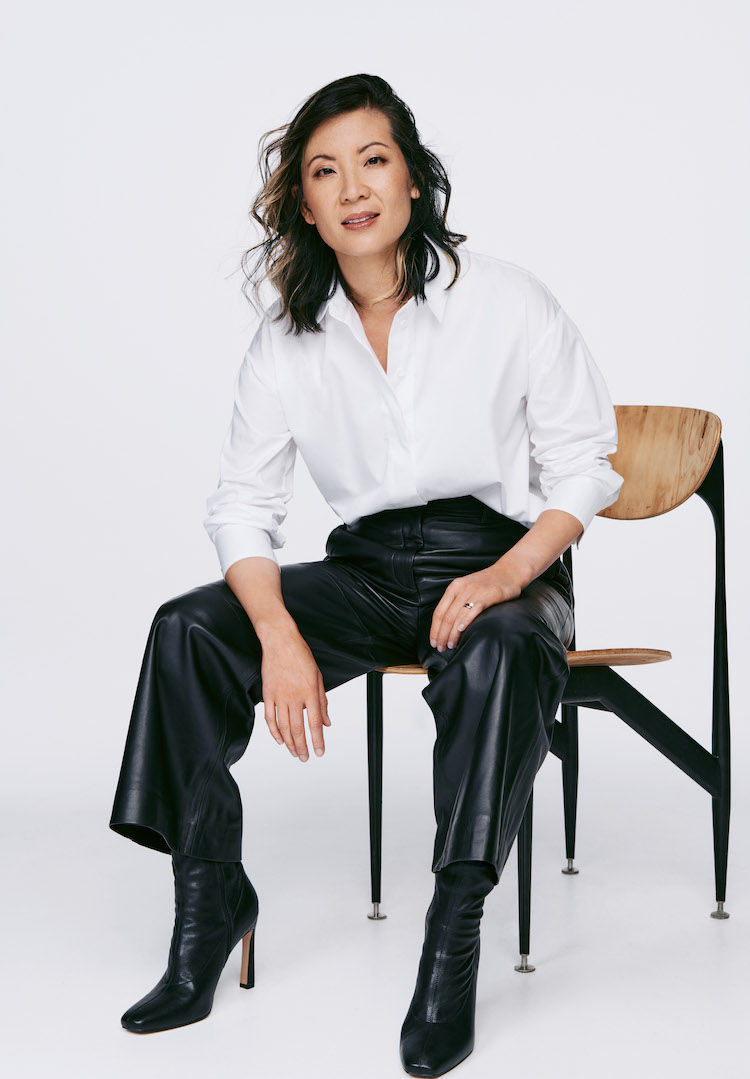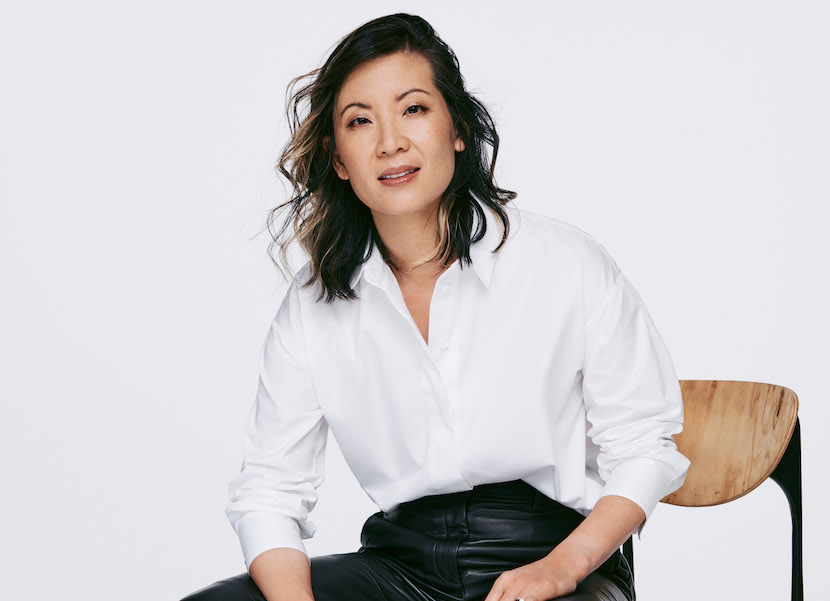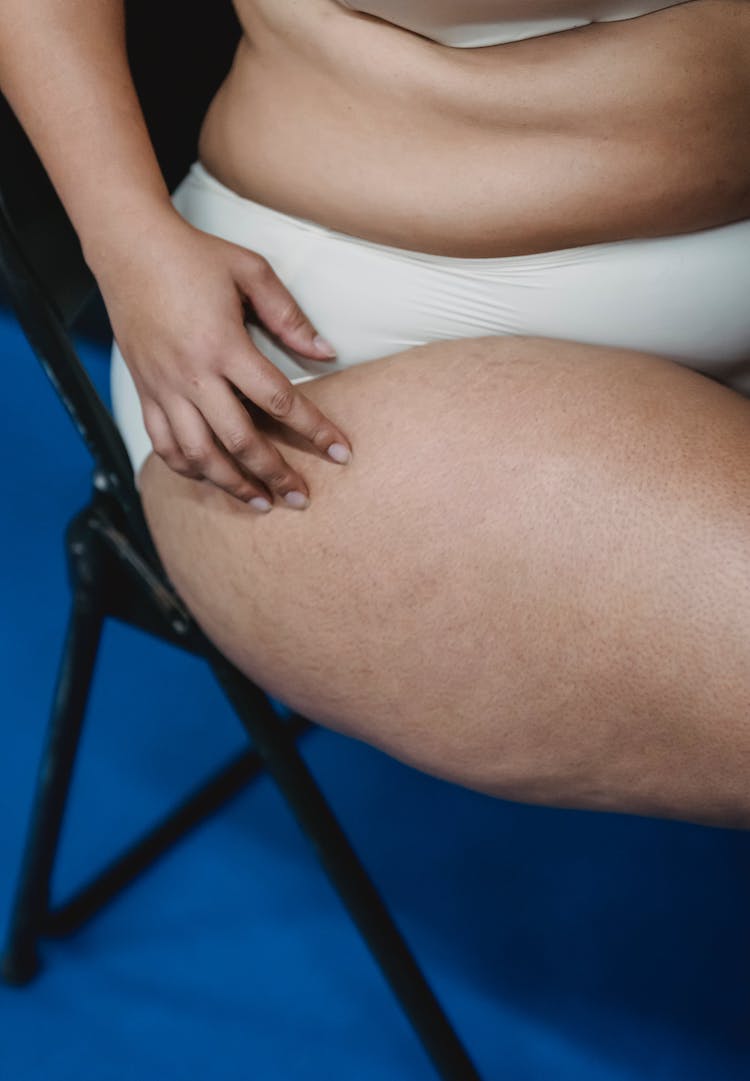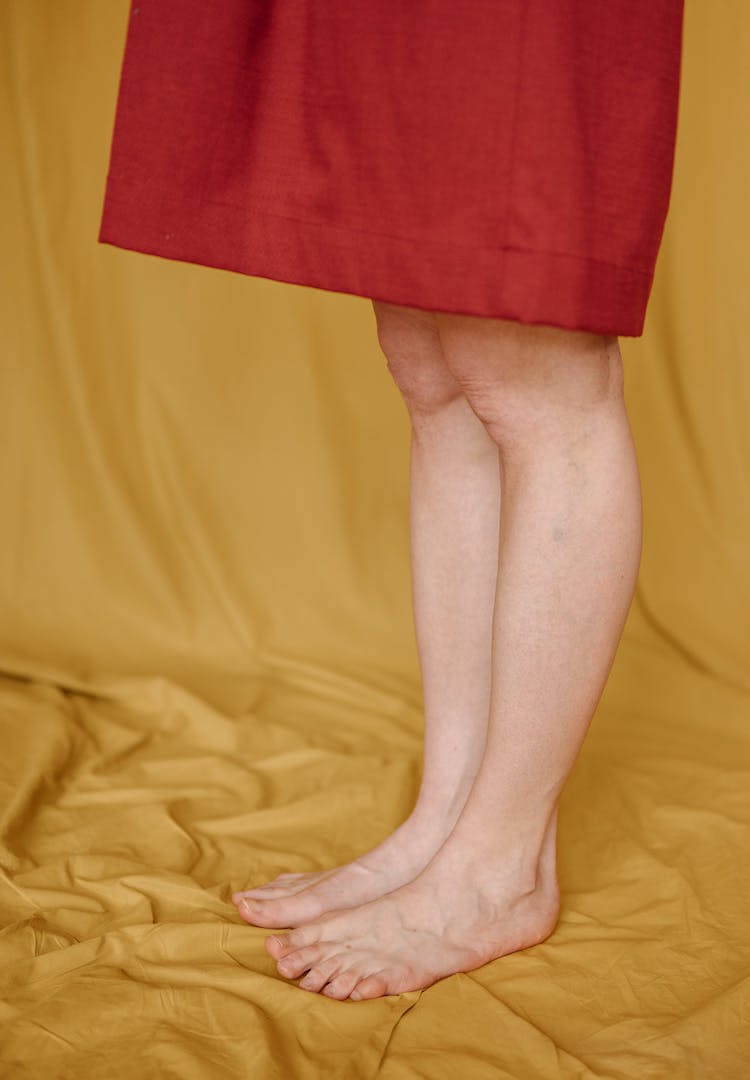Why does early ovarian cancer detection still depend on luck? How a routine scan saved my life
IMAGE VIA WITCHERY
WORDS BY Candice Hung
“If I hadn’t pursued having another baby, there’s a significant chance my tumour might not have been discovered until it was too late.”
I was diagnosed with ovarian cancer by accident. I was 37 years old and healthy, with no obvious symptoms and no family history of the disease. A chance discovery during an unrelated surgery saved my life, and despite having lived experience with the most lethal gynaecological cancer, I feel like the luckiest woman alive.
It goes without saying that early cancer detection should not depend on a random strike of luck. Women should not feel that their survival and full recovery from this silent killer is some form of miracle. This should be the norm. Yet, devastatingly, the stories of ovarian cancer often follow a theme of too little, too late. For many women, an ovarian cancer diagnosis is a death sentence. This urgently needs to change.
For more wellness advice, head on over to our Health section.
In 2017, my husband Andy and I were undergoing fertility treatment to combat my secondary infertility. Although I had given birth to my daughter, Misia, in 2011, we desperately wanted to grow our family and had been trying unsuccessfully for over four years. Faith is central in my life, and I had a prompting to begin hormone injections for fertility after years of trying other options.
During a routine scan, my doctor noticed an abnormal growth in my right ovary. However, after a subsequent MRI scan, I was told there was nothing to worry about. Although I was relieved with the result, I still felt my body was not quite right. I was uncomfortable in resuming my fertility treatment and sensed another prompting to go ahead with a laparoscopy – something that my fertility specialist had been recommending I undergo for a while.
View this post on Instagram
The laparoscopy was designed to investigate potential reasons for infertility such as endometriosis and cysts. Instead, my surgeon stumbled upon a cancerous tumour in my right ovary. It was diagnosed as stage one adult granulosa cell tumour (AGCT) – a rare type of ovarian cancer. My diagnosis was a total shock.
As my doctor shared the news over the phone, my mind froze. I knew nothing about ovarian cancer. I had so many questions. Would I still be able to have another child? Was I going to die soon? Would I need chemotherapy? What was going to happen to my six-year-old daughter?
Because my cancer was so rare, my oncologist could not tell me what the best form of treatment would be straight away. Thinking about the potential options – from a full hysterectomy to freezing eggs or months of chemotherapy – without any certainty as to the best path forward was agonising. We had to prepare for the worst.
However, after consulting with several other specialists, my oncologist recommended immediate surgery to remove the affected ovary. The tumour was considered slow-growing, so chemotherapy or radiotherapy wasn’t going to help. We decided against a full hysterectomy due to the potential hormone impact.
While coming to terms with the fact that we may never have another child was devastating, we were grateful that I did not need to undergo chemotherapy. I would take two to three months to recover from surgery and then have six-monthly blood tests and transvaginal scans for monitoring.
View this post on Instagram
It didn’t take long to realise that I had been incredibly fortunate. My early diagnosis meant the cancer had not spread. Five months later, I had returned to work and there was no evidence that I had cancer. Astoundingly, my menstrual cycles returned to normal – one of the issues I had struggled with during my secondary infertility. After another five months, I miraculously fell pregnant naturally with my son, Micah.
If I hadn’t pursued having another baby, there’s a significant chance my tumour might not have been discovered until it was too late. Currently, there is no early detection test for ovarian cancer, meaning around 70 per cent of women diagnosed are at an advanced stage. This is particularly alarming when you consider that the five-year survival rate of this disease is 49 per cent.
Micah is my miracle baby – he literally saved my life.
My diagnosis totally changed my perspective. I truly felt as though I’d been given a second chance at life and I’ve seized the opportunity to live a meaningful existence with both hands. Instead of letting life happen to me, I knew I needed to ‘be the change’ I wanted to see in this world. I left my previous work in church ministry and started my own leadership coaching business called Lucid Leadership. Today, I love working with purpose-driven leaders and teams to create positive change.
View this post on Instagram
I’m also a proud ambassador for the Witchery White Shirt Campaign and Ovarian Cancer Research Foundation (OCRF), Australia’s leading independent body dedicated to funding national ovarian cancer research. I became an OCRF Ambassador because I wanted to “Walk into my story and own it”, which is a Brené Brown quote that I love and live by. Naively, I used to believe that because my experience with ovarian cancer was fleeting, my story was not worth sharing.
After seeing other courageous women sharing stories of their personal brushes with the illness through the OCRF, I realised that sharing my experience was not only healing for me but could inspire hope for others. I’m immensely proud to be an OCRF Ambassador and know that my story of hope can inspire greater support and funding for an early detection test.
Through the OCRF, I have met many strong and courageous women who are living with ovarian cancer every day, and women and men who want to make a real difference for future generations. Most of all, I feel incredibly grateful that my two children will grow up with their mum around. I grew up without a mother, so I know how it feels to have that hole in my life.
I treasure my relationships and make the most of every opportunity I am given. Life is full of uncertainties, so my main priority is to be present and purposeful. My dream is for a day when no more children lose their mothers to this insidious disease. Every woman deserves the same chance at life I received. An early detection test could save more than 8,000 Australian lives over the next 10 years, and 1.3 million lives globally over the next decade.
To learn how you can raise awareness and help the OCRF fund vital research this World Ovarian Cancer Day, head here.










